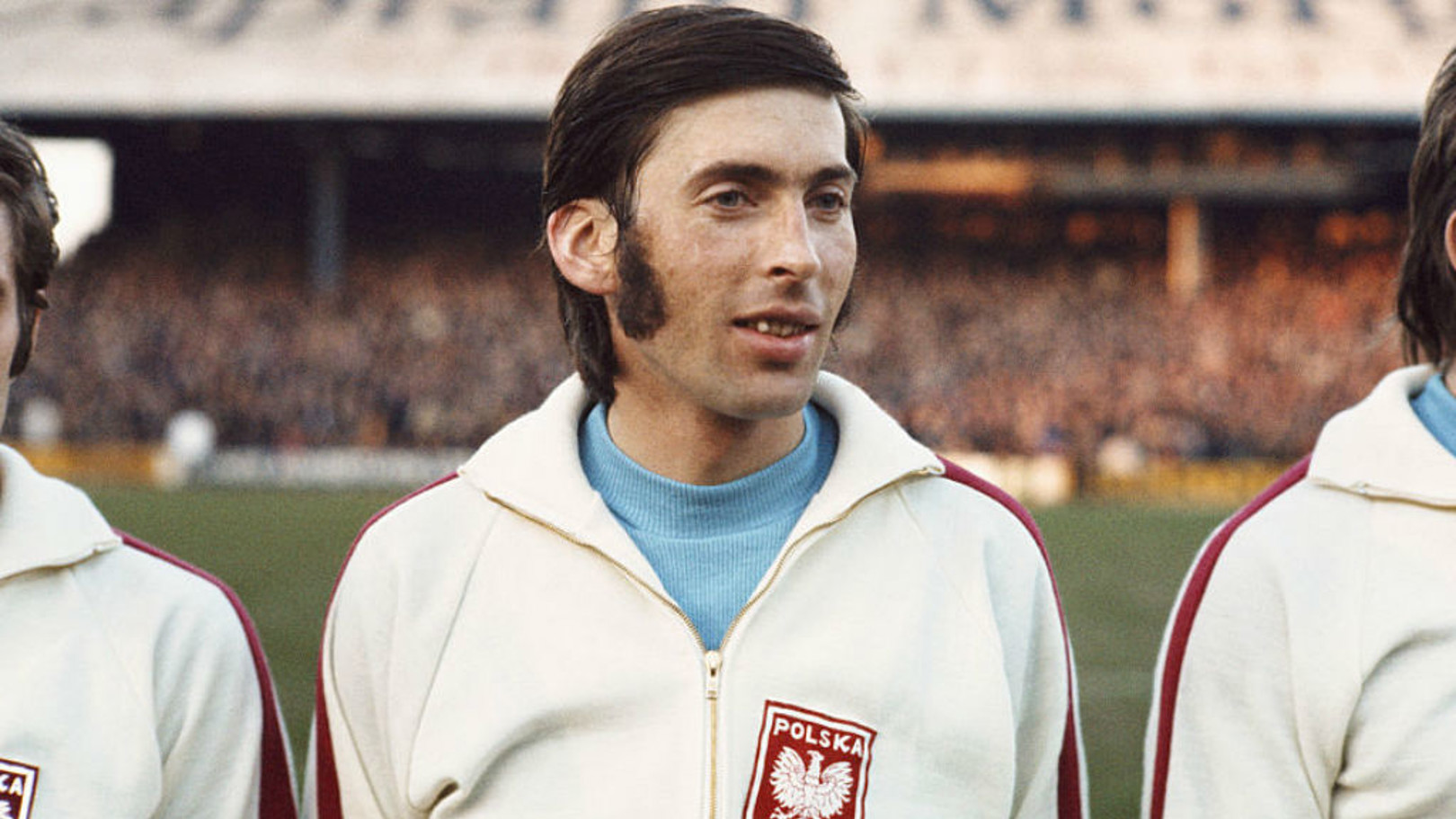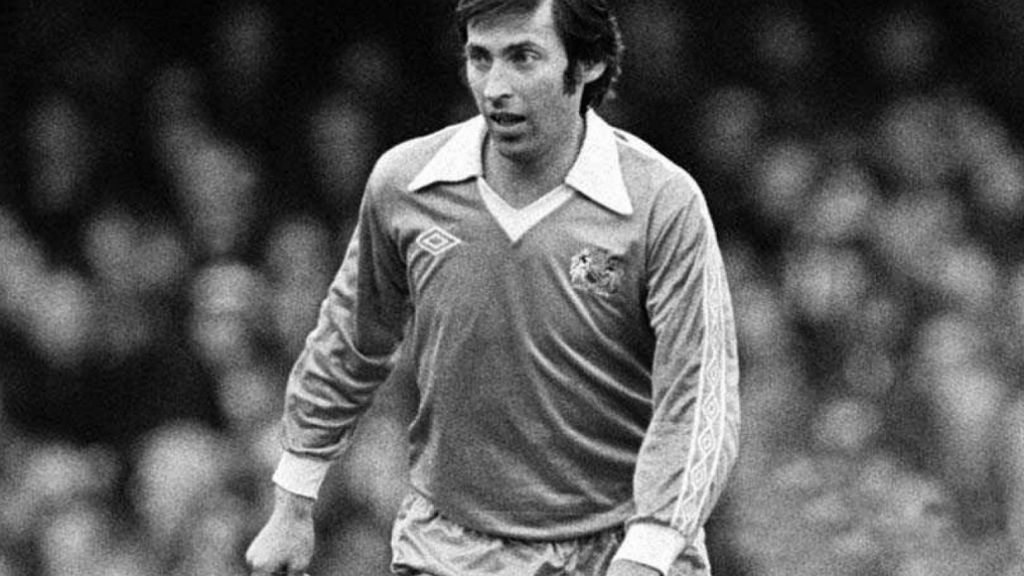Kaziu Deyna was a the Polish footballing legend.
Though injury meant that he only played 43 times for the Club during his short stay in Manchester, Deyna was one of the early trailblazers for the thousands of overseas players who have subsequently brought so much to our domestic game.
It’s easy to forget now but the arrival at Maine Road of the quiet, unassuming man from Starogard Gdanski made international headlines back in 1978.
Kaziu arrived at the Club following that year’s World Cup finals in Argentina armed with a reputation for being one of the European football’s most accomplished dynamic midfielders.
CITY+ | Sign up to access exclusive content
A gold medallist at the 1972 Olympic Games and a silver medal winner at the 1976 Games, Deyna had also finished third in the 1974 Ballon d’Or award, behind Johan Cruyff and Franz Beckenbauer.
He was the mainstay of the Poland side which shone at both the 1974 and 78 World Cup finals and was the first true European superstar to join City’s ranks.
Though he had just turned 31, Malcolm Allison and Tony Book identified Deyna as a player who could add a touch of finesse to an already-strong squad.
But given that this was in the days of the Iron Curtain with Poland part of the Eastern Bloc, in order to secure his capture there was red tape to cut through – and plenty of it.
Deyna was still a captain in the Polish army and City had to first secure his release from military service, then secure a deal with his club Legia.
The clubs agreed a fee of around £100,000 but the Polish side weren’t interested in a straight cash deal as such – instead, they wanted electronic hardware, such as photocopiers, printers and the like.
It was unconventional to say the least, but City, then sponsored by electronics giant Brother, agreed and paid the transfer fee in state-of-the-art hardware.
It wasn’t until November 1978 that the graceful Pole finally signed for City, but it proved to be the start of what was to be a largely frustrating stay in Manchester.
Deyna wasn’t match-fit when he arrived, and it was a further fortnight before he made his league debut at home to Ipswich Town. His appearance added around 6,000 to the Maine Road gate, but City lost 2-1 to Bobby Robson’s side.
The Pole was unfortunate to have arrived at the start of what would be a long, steady decline of City that would stretch for more than two decades, though the more immediate slump in form was all that mattered at the time.
City would fail to win in 15 and Deyna’s injury woes meant by mid-March he had made just two appearances and it wasn’t until the final eight games of the campaign that he returned to the side fully fit and made a genuine impact.
By that point, we were in real danger of relegation, but Deyna would prove pivotal in helping City survive.
His late stooping header against Middlesbrough was his first goal for City and by the end of the campaign, he’d bagged six goals in six games and helped City avoid the drop.
Against Aston Villa in the final match of the season, he bent a free-kick over the wall into the top corner of the net and received a rapturous ovation from the Maine Road fans.
Deyna had the ability to always seem to have time on the ball and he had a grace and poise all-too-rarely seen on these shores at that time when the number of overseas players could be counted on one hand.
The City fans loved him because he was capable of playing beautiful football and there were great expectations for his second season at Maine Road.
Sadly, injuries disrupted the 1979/80 campaign for Deyna who would play just 21 times, scoring six goals.
When he did get into his stride, he scored goals and also made them for team-mates. A stunning volley against Borussia Monchengladbach in the second leg of City’s UEFA Cup quarter-final showcased his ability, but question marks were raised about his fitness.
With Tony Book and Malcolm Allison sacked in October 1980, John Bond took over and within a short space of time, Deyna was on his way out of Maine Road and off to North America where he joined the San Jose Earthquakes.
He appeared, briefly, in the 1981 movie ‘Escape to Victory’ alongside the likes of Mike Summerbee, Pele, Sylvester Stallone and Michael Caine.
He was one of the pioneers for the legions of overseas footballers that would follow, though he remains the only Polish player to have played for City.
Tragically, Kaziu died in a car crash on September 1, 1989 in San Diego California. He was only 41-years-old.
There was no doubting that he was a world class talent, and he is still adored in his homeland as one of Poland’s greatest ever stars even today.
Former club Legia Warsaw later retired Deyna’s No.10 shirt in his honour and in 1994, a Polish Football Association and Polish sports newspaper poll voted Kaziu the greatest Polish player of all time, a fitting tribute to a special talent.






